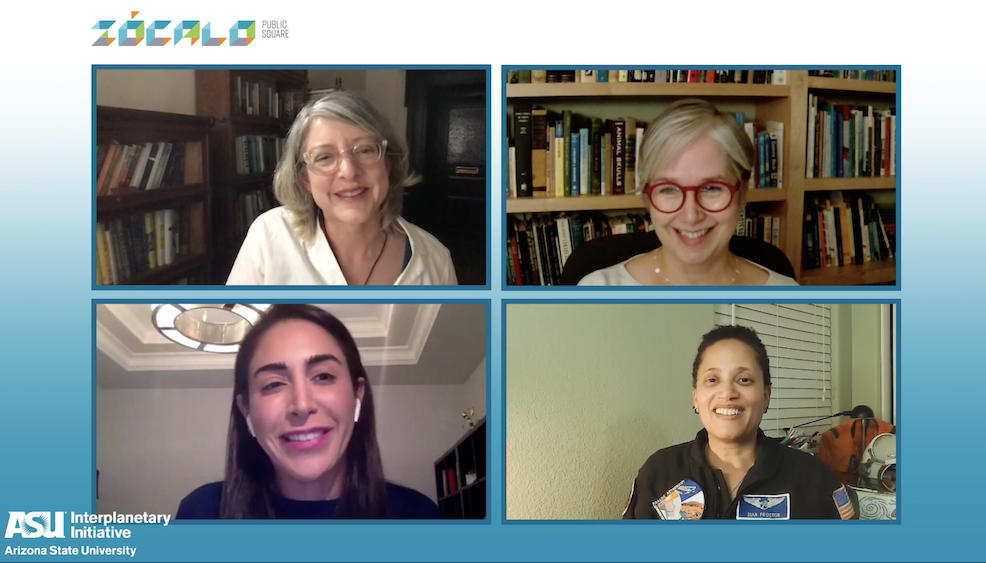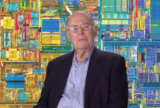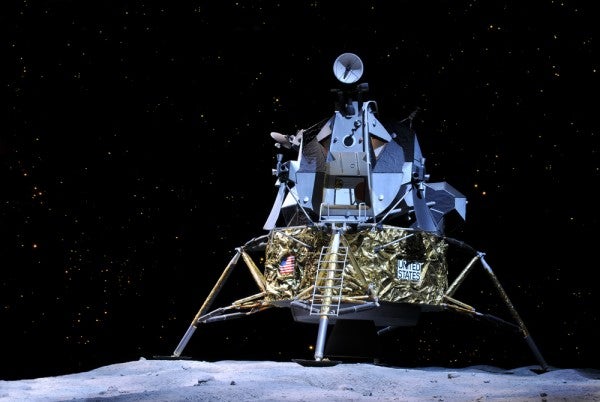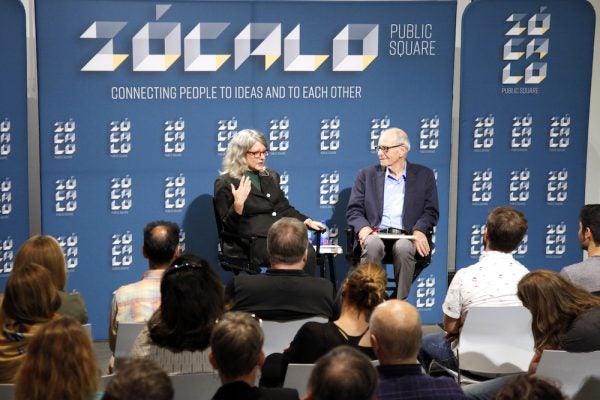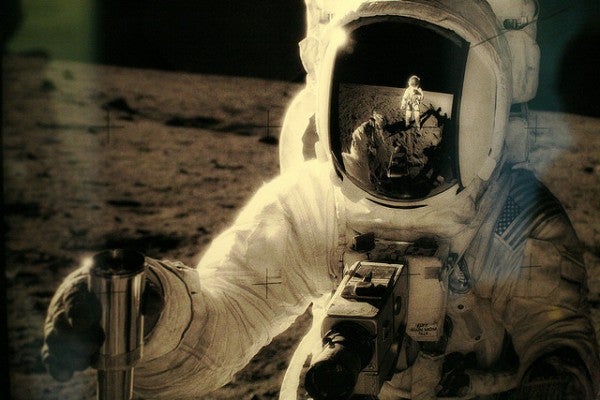Can Earthlings Save Our Planet, Achieve World Peace—And Make a Home on the Moon?
Space Exploration Won’t Create the Utopian Society of Star Trek… Unless We Solve Our Problems Here on Earth First
The title question of last night’s Zócalo/ASU Interplanetary Initiative event was “Can Space Exploration Save Humanity?” But it quickly became clear that an inversion was required. According to a panel of women who work in and study space exploration, humanity must solve our many problems—from international relations to sustainability—on Earth, and then use our terrestrial solutions to create a more equitable, just, and peaceful world on the moon, Mars, and beyond.
“I like to say, ‘Solving for space solves for Earth,’” said analog astronaut and geoscientist Sian Proctor, who has lived …




